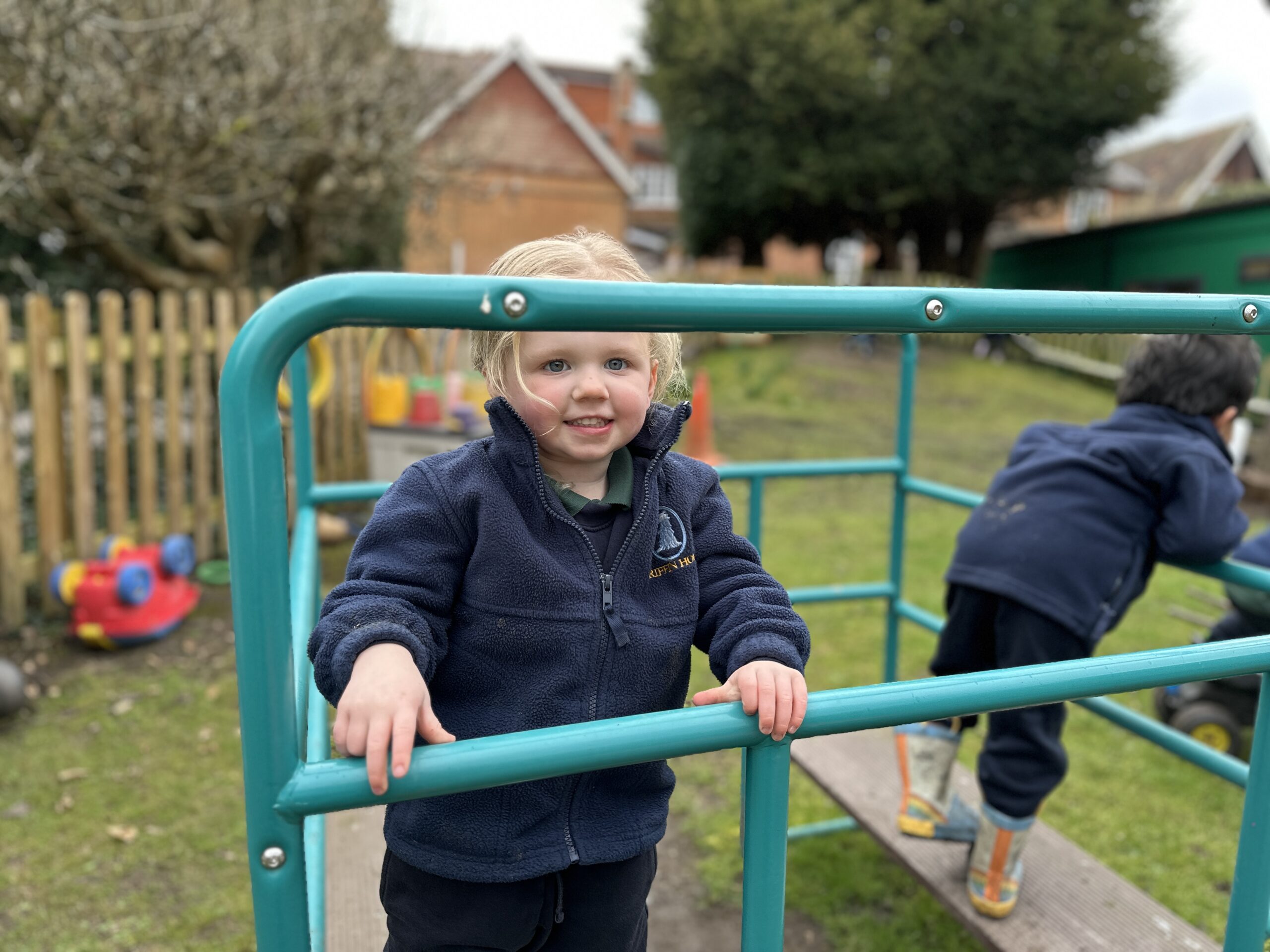Learning Through Play
Our children are encouraged to play with and explore a variety of toys , participate in a range of stimulating activities, and have lots of fresh air, either through walks around our local area or in our school grounds.
We understand the importance of language and communication from birth. Our staff constantly talk and sing to the children, to encourage the development of language and understanding. We believe it is important for every child to feel valued and special, we celebrate our differences and diversity from an early age and this ethos is embedded in all we do.
We provide daily opportunities for learning and exploring across all areas of the curriculum. Whether it be adult led or child initiated, our staff carefully plan a range of opportunities and activities based on the child’s individual interests, to support play and explorative skills, develop their independence and encourage them to be active learners.

In This Section
“We feel so lucky to have found Griffin House and know there is no better setting for our daughter. She is a happy, confident and independent child who loves every moment she spends at school.”
Reception Parent, 2024

